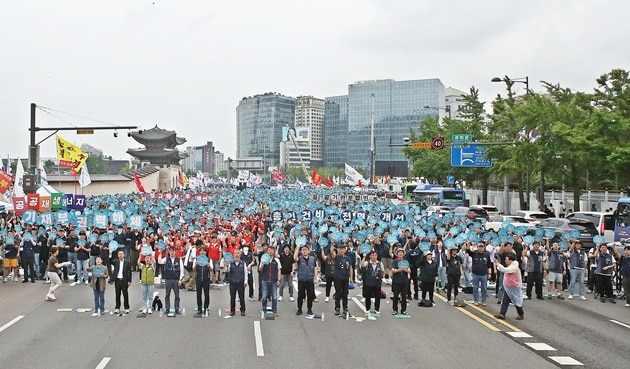Representing more than 200 million workers worldwide, the International Trade Union Confederation, UNI Global Union, and its global union partners called for urgent action by governments and employers yesterday to the COVID-19 crisis. The groups adopted a statement at the Council of Global Unions (CGU) meeting in London.
ITUC General Secretary Sharan Burrow said: “Governments must act to put in place urgent economic stimulus plans and workplace measures to protect the health and the income of workers and their families and stabilise the real economy. The huge strains on health systems caused by COVID-19 are provoking massive public health challenges. Health workers are on the front line of the economic, social and health impacts of the crisis, and while workers in every sector are exposed to risk, we recognise the courage of health and care workers bearing the immediate brunt of mitigation and treatment.”
The emphasizes the need for action and cooperation between unions, employers and government as well as the role of collective bargaining in protecting workers’ health and the health of communities at large.
The Council is calling upon governments to provide income support for all workers, including for part-time, migrant, non-resident, precarious, ‘gig’ and informal workers. It also outlines the need for governments to enact stimulus packages to help protect workers and sustain jobs and the economy.
“In recent days, Argentina, Ireland, and Denmark have announced measures to maintain workers’ income during a quarantine or sick leave. Governments everywhere should follow in their footsteps,” said Christy Hoffman, General Secretary of UNI Global Union, a CGU member.
The lessons of the 2008/9 crisis dictate that governments should extend income support to keep working families and small businesses afloat. Economic stimulus packages must include paid sick leave; maintenance of income to cover the cost of housing, electricity, food and other essential items; and extension of social protection for all workers regardless of their employment status. This is the only way to sustain jobs and the economy, and protect wages and small- and medium-sized businesses (SMEs).
Governments will need to cooperate and engage with multilateral institutions and monitor the devastation for countries less able to respond – as well as ensure vital aid necessary to guarantee the capacity to deal with the threats posed by COVID-19.
The Council also makes a series of demands on employers, including guarantees of paid leave for workers threatened or infected by COVID-19, and urges them to recognize and bargain with trade unions to identify threats to workers health, rights, and welfare. Employers should also develop and implement workplace responses.
“From cleaners to bank tellers, workers in every UNI sector fear for their health, their families and their livelihoods. Employers must step up in these challenging times to ensure that workers are not bearing the brunt of this crisis. Their health and economic security must be a priority so that we can move together towards a collective response to coronavirus,” said Hoffman.


